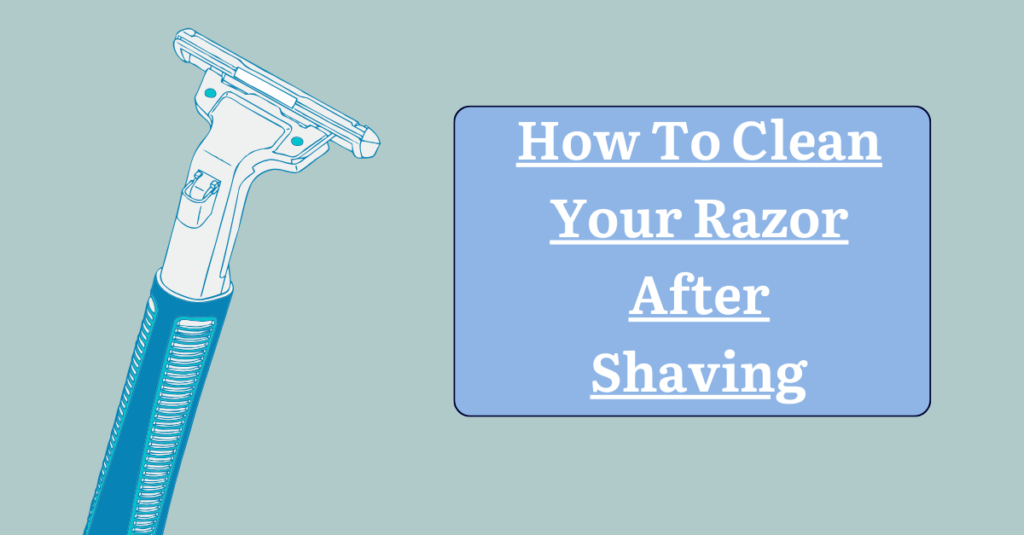Is Honey Good for the Skin?
Introduction
The age-old practice of utilizing natural ingredients for skincare has led to an increased interest in the potential benefits of honey. Beyond its culinary uses, honey has captured attention for its potential to enhance skin health. This article delves into the question: Is honey good for the skin? Throughout history, honey has been revered for its therapeutic properties, and recent scientific exploration has shed light on its multifaceted effects on the skin.
From its moisturizing and anti-inflammatory attributes to its antimicrobial and wound-healing properties, honey offers a range of potential benefits. By examining its composition and considering both traditional wisdom and modern research, we aim to uncover whether honey deserves a place in your skincare regimen. However, while honey holds promise, it’s important to recognize individual variations and consult experts when considering its integration into your personal skincare routine.
-
The Composition of Honey: A Goldmine of Nutrients
Before diving into the potential benefits of honey for the skin, it’s important to understand its composition. Honey is far more than just a sugary syrup; it’s a complex substance enriched with a variety of nutrients. Comprising primarily of glucose and fructose, honey also contains enzymes, amino acids, vitamins (including B-complex vitamins), minerals (such as calcium, iron, and magnesium), and antioxidants. One of the key elements contributing to honey’s skin-loving properties is its natural humectant quality – it draws moisture from the environment and helps retain it on the skin’s surface.
-
Honey’s Potential Benefits for the Skin
1. Moisturizing Properties
Honey’s ability to moisturize the skin is one of its most celebrated attributes. Its humectant nature locks in moisture, making it particularly beneficial for individuals with dry or dehydrated skin. When applied topically, honey forms a barrier that prevents water loss, helping to maintain the skin’s hydration levels. This not only contributes to a smoother and softer complexion but can also alleviate the discomfort associated with dry skin conditions.
2. Anti-Inflammatory Effects
Inflammation is a common skin woe, often leading to redness, irritation, and discomfort. Honey, however, is believed to possess anti-inflammatory properties that can soothe inflamed skin. Its antioxidants and enzymes contribute to reducing redness and irritation, making it potentially beneficial for individuals with sensitive or reactive skin.
3. Antimicrobial and Antibacterial Properties
Honey’s natural antibacterial properties have been recognized for centuries, with historical records showing its use in wound care. Studies suggest that certain types of honey, particularly Manuka honey, exhibit potent antimicrobial effects. The presence of hydrogen peroxide, an enzyme called glucose oxidase, and low water content in honey create an inhospitable environment for bacteria to thrive. This makes honey a potential asset for those grappling with acne-prone skin.
4. Wound Healing and Scar Reduction
The remarkable ability of honey to aid in wound healing has garnered scientific attention. Its antibacterial properties, coupled with its capacity to stimulate tissue regeneration, make honey a potential natural remedy for minor wounds and burns. Moreover, honey’s potential to minimize the appearance of scars is attributed to its ability to promote tissue repair and collagen synthesis.
5. Exfoliation and Skin Renewal
Honey isn’t just about locking in moisture; it can also assist in gentle exfoliation. The natural enzymes present in honey, such as glucose oxidase, can help break down dead skin cells, promoting a smoother and brighter complexion. This enzymatic action encourages the turnover of skin cells, revealing a fresh layer underneath.
-
Types of Honey for Skincare
Not all honey is created equal when it comes to skincare. Various factors, including the floral source and processing methods, can influence honey’s properties. Raw honey, for instance, retains more of its enzymes and nutrients compared to processed honey. Manuka honey, derived from the nectar of the Manuka tree in New Zealand, boasts unique properties due to its high levels of methylglyoxal (MGO) and a grading system known as Unique Manuka Factor (UMF). Different floral varieties offer varying benefits, allowing individuals to tailor their honey choice to their specific skin concerns.
-
How to Use Honey in Skincare
1. DIY Honey-Based Face Masks
Incorporating honey into your skincare routine can be as simple as creating DIY face masks. For a basic honey mask, mix raw honey with other natural ingredients like yogurt, oatmeal, or aloe vera gel. These masks can provide a soothing and rejuvenating experience, but it’s crucial to perform a patch test before application to ensure you’re not allergic to honey.
2. Honey as an Ingredient in Commercial Products
The popularity of honey’s potential skincare benefits has led to its inclusion in various commercial products – from cleansers and moisturizers to serums and masks. When exploring such products, it’s essential to read ingredient labels and ascertain the concentration of honey. Look for products that prioritize natural and organic ingredients, and be mindful of potential additives that may negate the benefits of honey.
-
Potential Risks and Precautions
While honey holds promise as a skincare ingredient, it’s not without its potential risks. Some individuals may be allergic to honey, resulting in adverse reactions like itching, redness, or swelling. It’s recommended to perform a patch test before applying honey-based products to larger areas of skin. Additionally, because honey is a natural product, there’s a risk of bacterial contamination. Proper storage and handling are crucial to prevent introducing bacteria to your skincare routine.
-
Expert Opinions and Scientific Research
The beauty industry is increasingly influenced by scientific research, and the same applies to honey’s role in skincare. Numerous studies have explored honey’s potential benefits, validating its traditional uses to some extent. Dermatologists and skincare experts often consider honey’s humectant and antimicrobial properties valuable, especially for certain skin types and conditions. However, individual responses can vary, and a consultation with a skincare professional can help determine if honey aligns with your skincare goals.
Conclusion
As we traverse the modern landscape of skincare, it’s essential to remember that nature often provides valuable resources for enhancing our skin’s health. Honey, with its rich nutritional profile and multifaceted properties, has captivated both traditional practices and scientific curiosity. While it may not be a one-size-fits-all solution, honey’s potential benefits for moisturizing, soothing, and promoting skin renewal are well worth exploring.
As with any skincare endeavor, individual variations and expert guidance play a crucial role in determining whether honey deserves a permanent place in your skincare ritual. So, the next time you savor the sweetness of honey, consider sharing its nourishing touch with your skin – after all, nature’s golden elixir might just become your skin’s new best friend.

My name is Rohit Vagh and I’m a content writer specializing in fashion and lifestyle. I have three years of experience in this field and have written various articles. My writing style is creative and engaging, and I strive to create content that resonates with my readers. I have a deep passion for fashion and am constantly researching the latest trends and styles to make sure my readers are up to date. I’m excited to continue my career in blogging, and I’m always looking for new opportunities in the fashion and lifestyle space.





